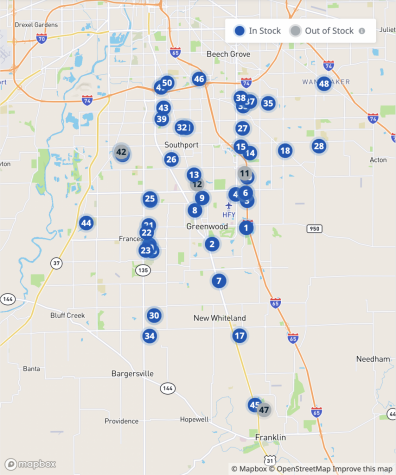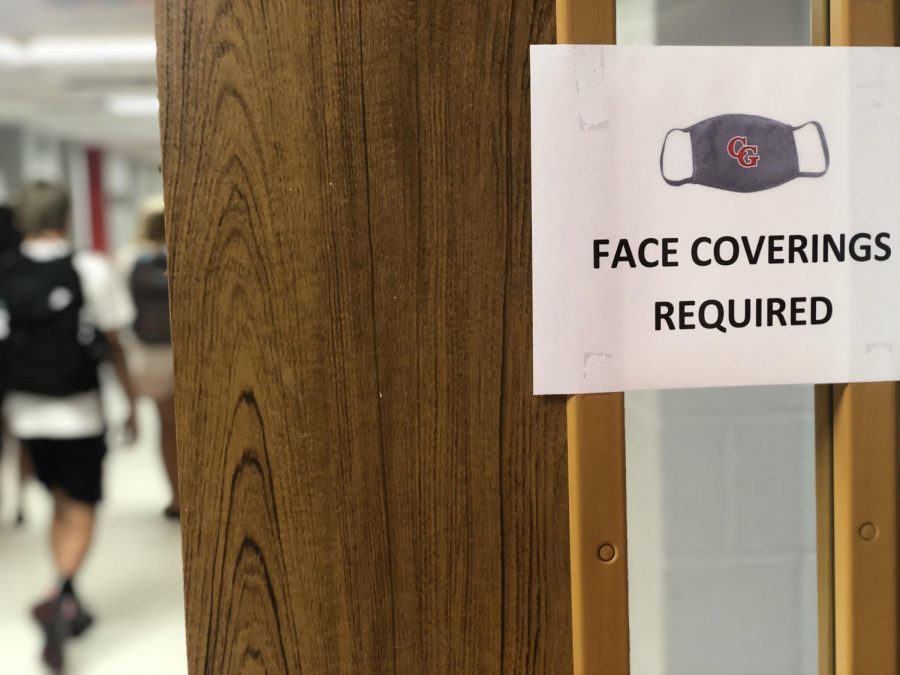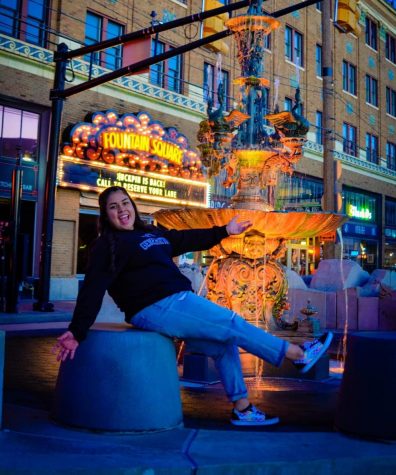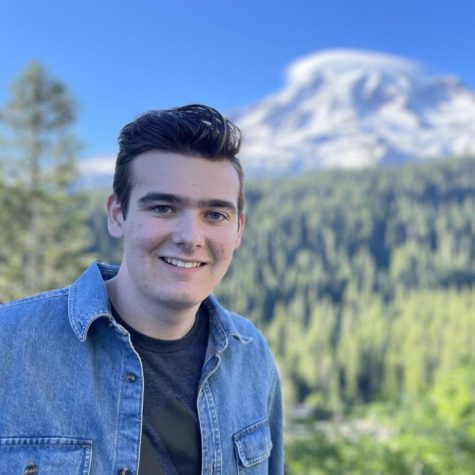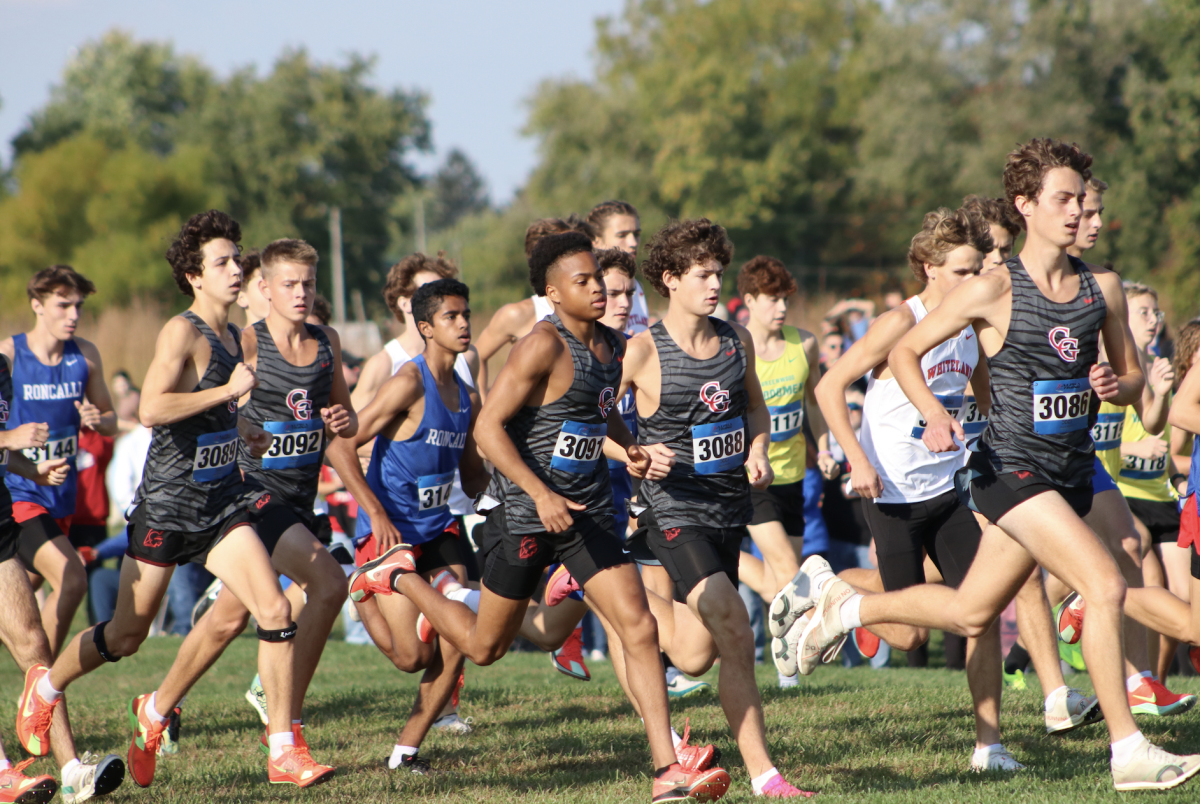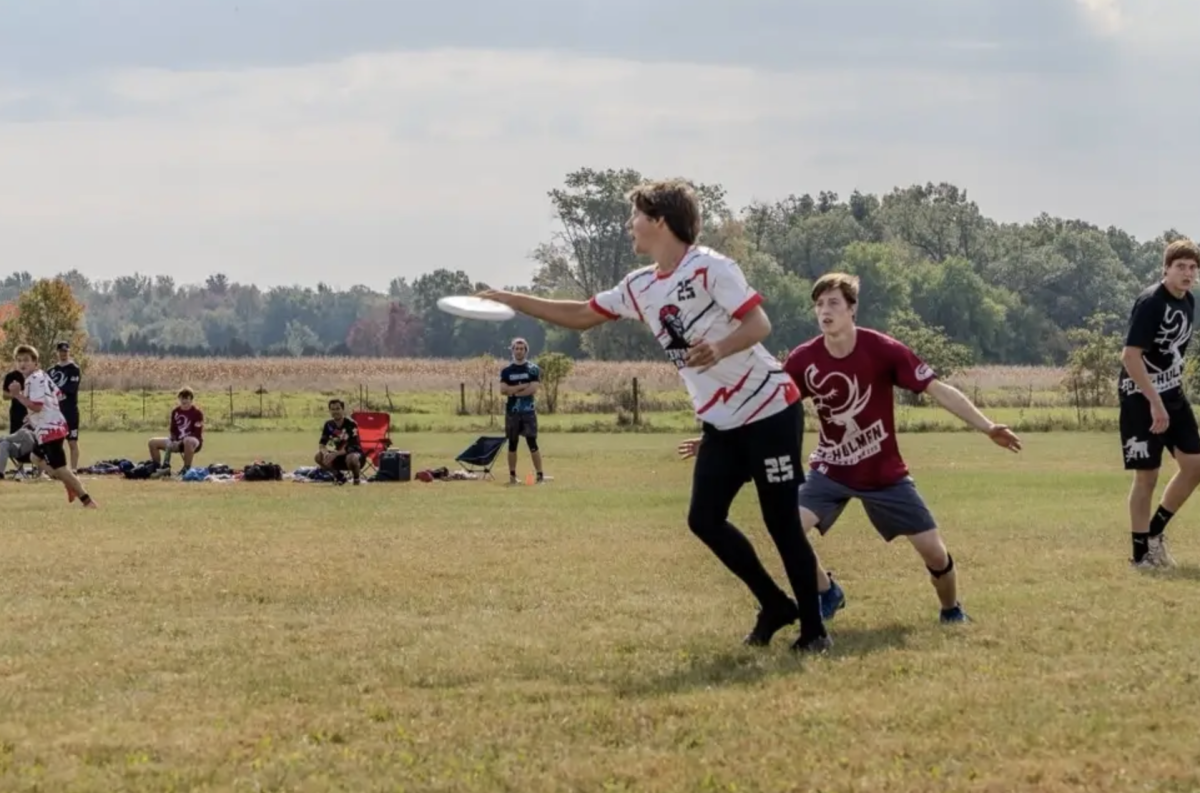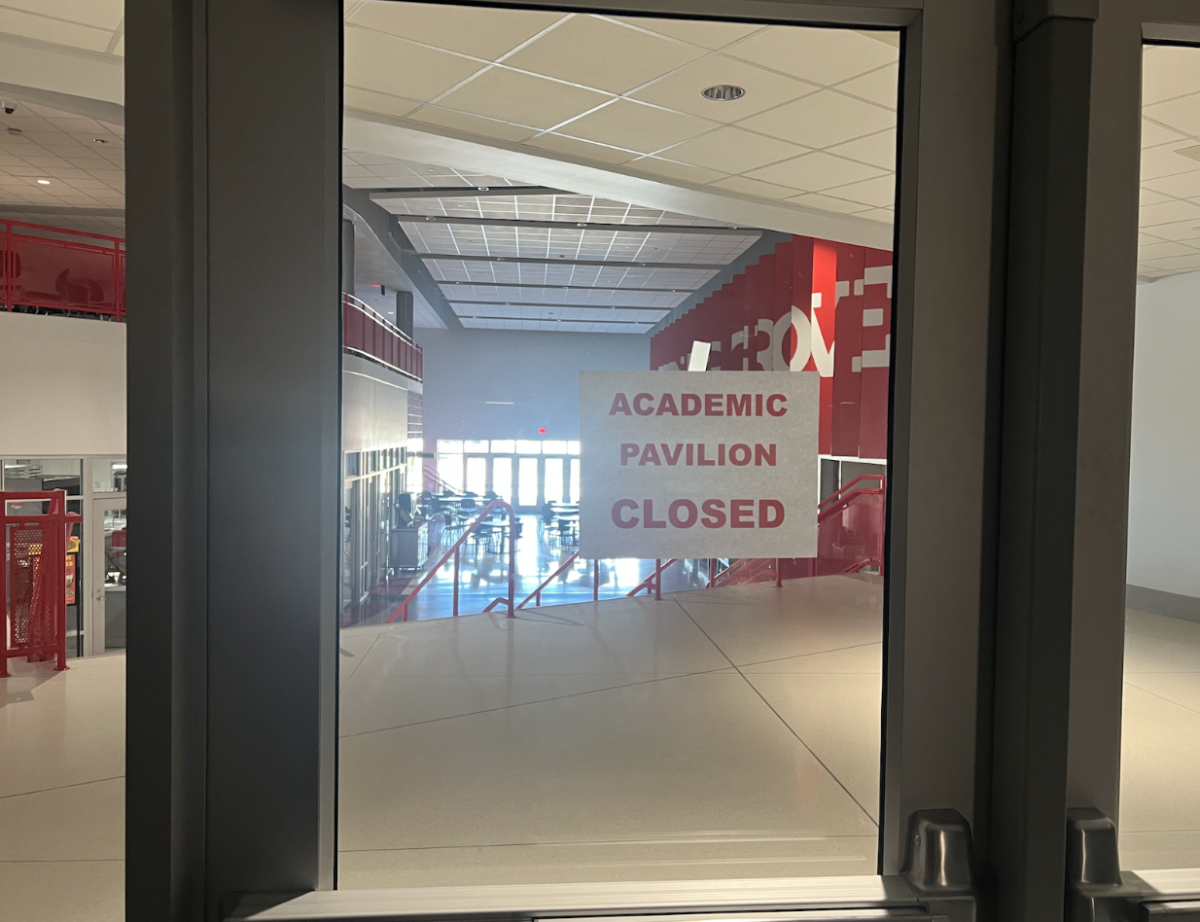What you need to know about the COVID-19 vaccine
May 19, 2021
With the recent approval of the Pfizer doses of the COVID-19 vaccine for teens aged 12-15, all high school students and staff members are eligible to receive their shots. This change has led to more concerns about what this means for the student body. After attending the FDA virtual press conference, Trojaneer staff members highlighted a few common questions concerning students.
Do I still need to wear a mask at school after being vaccinated?
The CDC announced on May 16 that people who are fully vaccinated do not have to wear masks in non-crowded public areas. Dr. Janet Woodcock, acting FDA Commissioner, acknowledges that mask regulations depend on the circumstances and COVID numbers on the community.
“Masking rules and procedures are going to be up to the local jurisdictions. The reason for that might be how much virus is circulating around in the community, what kind of virus, how many people generally have been vaccinated in that community,” Woodcock said. “I think each jurisdiction will look to CDC guidance, to what their state is saying, and what their local community with the prevalence of the virus is circulating around and what kind of variants are circulating and they’ll put all of that together. The best advice is to follow the local authorities.”
As of April 6, 2021, Indiana lifted the mask mandate, while leaving local government and businesses the autonomy to require them. However, K-12 schools will still be required to use masks for the rest of the 2020-21 school year.
How do I know that the vaccine is safe?
Prior to the authorization of the Pfizer-BioNTech vaccine, the FDA examined results from over 2,000 participants aged 12-15.
“Half of the participants received the Pfizer-BioNTech COVID vaccine and half received a placebo of saline or salt water,” director of the FDA’s Center for Biologics Evaluation and Research Peter Marks said. “More than half of the participants were followed for safety for two months after they received the second dose of the vaccine. The side effects seen in those ages 12-15 were similar to those experienced by those 16 and older who received the vaccine in earlier clinical trials.”
While side effects are not uncommon, they are not cause for concern.
“While some people experience side effects following any vaccination, everyone’s experience isn’t the same, and some may not experience side effects at all,” Marks said. “As part of the authorization, Pfizer-BioNTech is required to continue to collect data about the clinical trial participants and other vaccinated people so we can quickly identify any potential safety issues.”
My parents won’t let me be vaccinated. What should I do?
Woodcock recommends that parents and children have an honest conversation with their family doctor.
“Perhaps you could talk to your pediatrician or your family doctor about the vaccines and make sure that has straightened out any misconceptions about the vaccines,” Woodcock said. “I think that would be the best first step for anyone who has that issue.”
Will I have to receive a booster shot?
The main groups that will determine if booster shots will be necessary or not are the older populations that received their shots first. As time goes on, their immunity to the virus and its variants will be looked at to see how much it wanes which will ultimately determine if and when a booster will be necessary.
“Right now, the good news is that for the current generation of vaccines, both for Pfizer and Moderna, the immune responses are so good that they appear to get all of the variants that are currently moving around the United States,” Marks said. “So hopefully it’ll turn out to be a year before one might need a booster, but we still don’t know. Could be more, could be a little less. But that’s what this is–something we’re going to have to figure out as we go.”
Where can I be vaccinated?
Vaccines are available in most pharmacies, including CVS, Walgreens and Kroger. A full list of vaccine locations in the area is available at vaccines.gov
